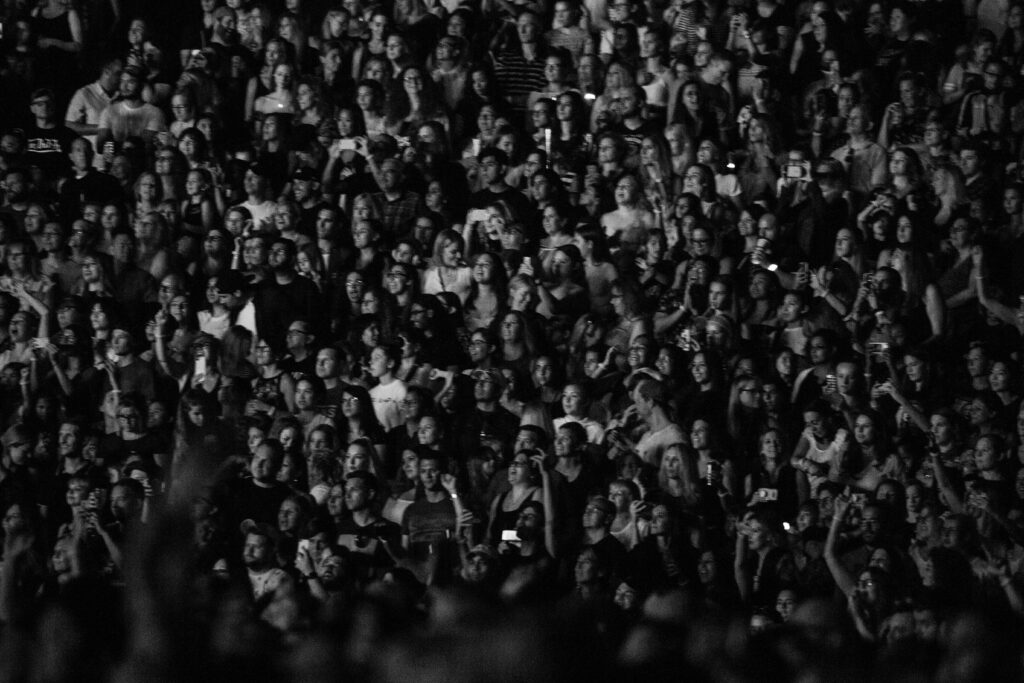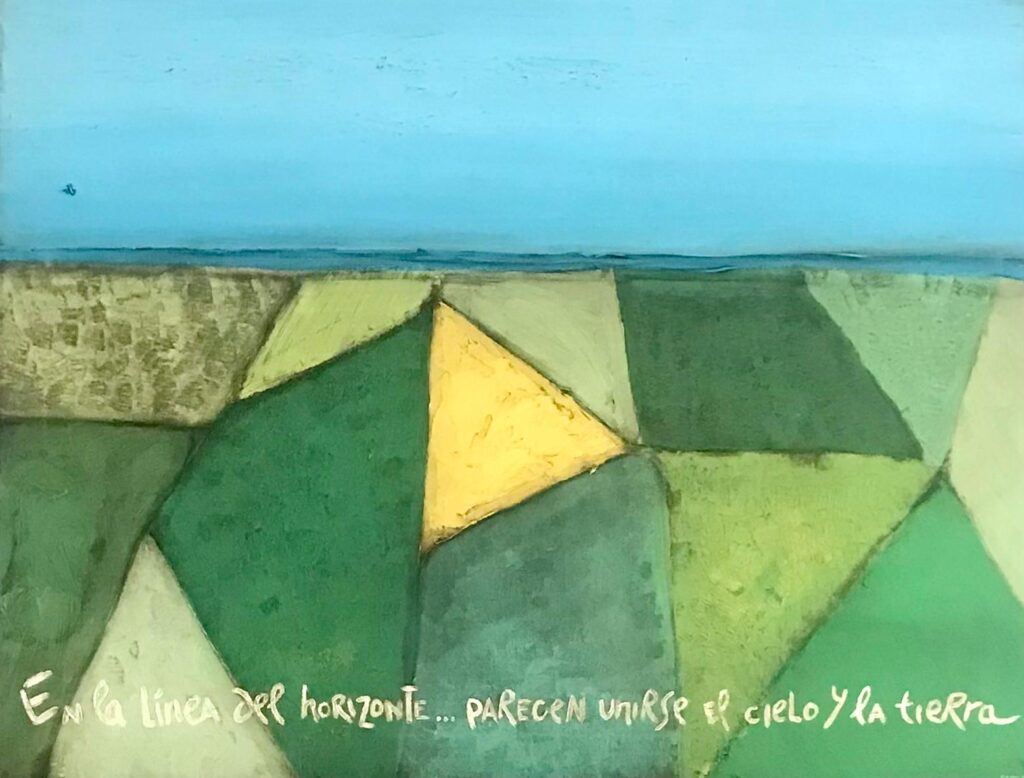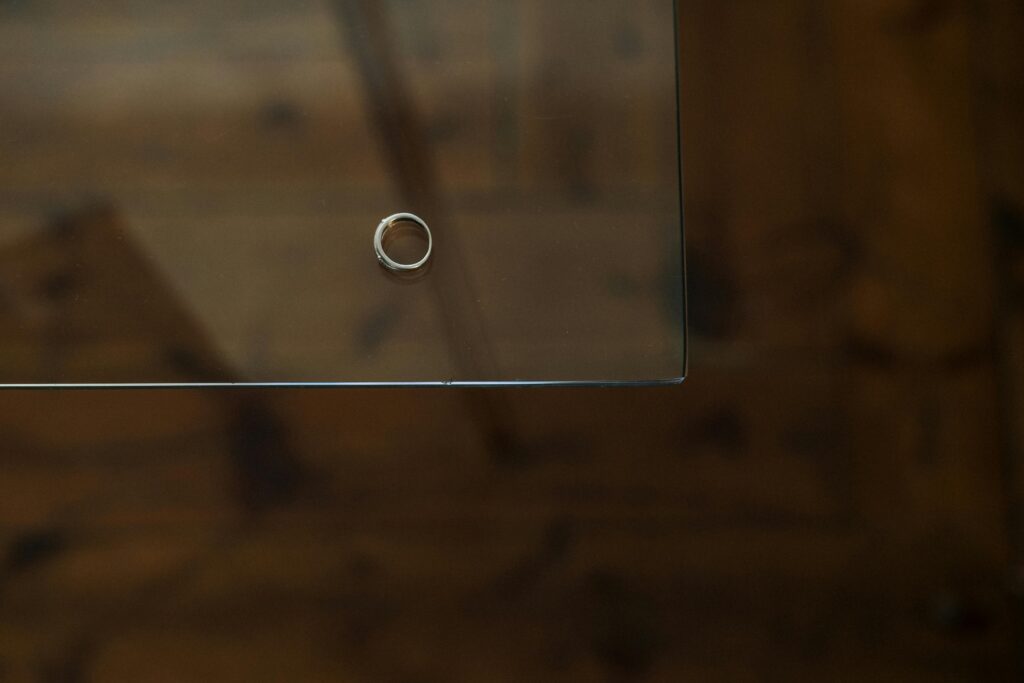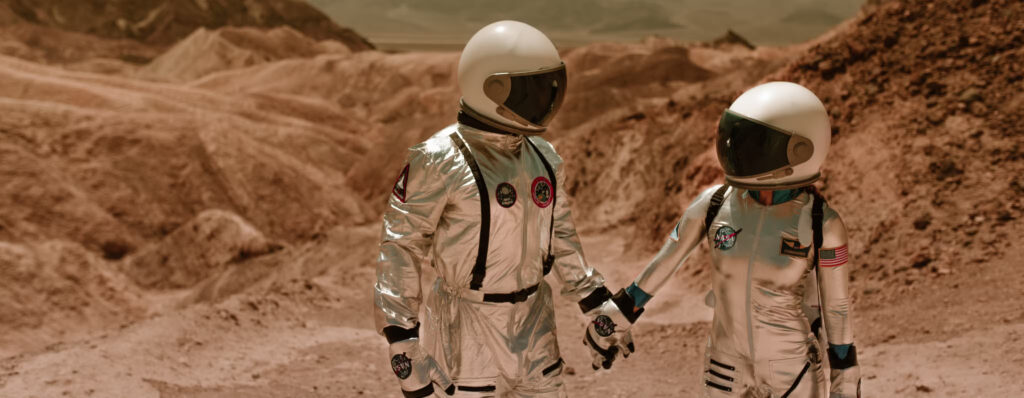Cardinal Arizmendi: Democracy or populism
Make proposals so that there is justice and peace, comprehensive development and respect

Cardinal Felipe Arizmendi, bishop emeritus of San Cristóbal de Las Casas and responsible for the Doctrine of the Faith at the Conference of the Mexican Episcopate (CEM), offers Exaudi readers his weekly article titled “Democracy or populism.”
***
LOOK
Since I was Vicar General in Toluca, and then as bishop in Chiapas, from time to time small groups or tumultuous demonstrations would arrive, to ask for something, such as that their parish priest be changed, or that they not be changed, and the leader who never lacks said that the people asked for such and such, and that he did not represent the majority of the people, but rather the group headed by him, sometimes with valid reasons and, in others, motivated by different interests. Our task was to listen to them carefully, give them a word, perhaps investigate the matter further, and sometimes accept his proposal, but not be impressed by the leader’s language.
There is never a shortage of demagogues, who call themselves interpreters of the people, but who only know how to manage them. When consultations or forums are organized, it may be to truly listen to what those who know what it is about are saying and be willing to change or withdraw a proposal, or it may just be a facade to cover up what the leader wants or imposes. Not always when we talk about the people it is the people, but groups addicted to the leader, or crowds managed by propaganda, by government handouts, or by other interests. In votes in which the majority of citizens participate, their results are respected, because they are a verifiable expression of the people’s feelings, although in these cases it is also necessary to discern whether it was a reasoned vote or just an interested one.
The bishops of Venezuela, on the occasion of the upcoming presidential elections on July 28, have issued an important document. After analyzing the serious global situation in which the country finds itself, they invite people to go out and vote, so that the majority participation expresses whether they want to continue with a populist and almost dictatorial regime, which has caused thousands of migrants to flee the poverty and oppression, or they want a change.
DISCERN
Pope Francis participated in the closing of the 50th. Social Week of the Catholics of Italy, held in Trieste, in the north of that country, which had as its theme: In the heart of democracy. Participate between history and the future. Why does the Pope talk about these issues, if the Church is not democratic? TRUE; The Church is communal, shared, co-responsible among all its members, synodal, but it is not democratic; it is hierarchical by divine institution. In this regard, the Pope said, The Church is sensitive to the transformations in society and strives to contribute to the common good. It is evident that in today’s world, democracy, let us tell the truth, is not in good health. This interests us and worries us, because the good of man is at stake, and nothing that is human can be alien to us.
There is a crisis of democracy… Power becomes self-referential – it is an ugly disease -, incapable of listening to and serving the people. The word “democracy” itself does not simply coincide with the vote of the people. What does that mean? It is not only the vote of the people, but it requires that conditions be created so that everyone can express themselves and participate. And participation is not improvised: it is learned as a child, as a young person, and it must be “trained”, even in a critical sense with respect to ideological and populist temptations. Democracy always requires moving from partisanship to participation, from “ovation” to dialogue. Everyone must feel part of a community project; no one should feel useless. Welfare, by itself, is the enemy of democracy, the enemy of love for one’s neighbor. And certain forms of welfare that do not recognize the dignity of people are social hypocrisy.
The heart of politics is participation. It takes courage to think of yourself as a people and not as me or my clan, my family, my friends. Unfortunately, this category – “people” – is often misunderstood and could lead to the elimination of the word “democracy” itself (rule by the people). However, to affirm that society is something more than the mere sum of individuals, the term ‘people’ is necessary, which is not populism. No, it’s something else: the people. Indeed, it is very difficult to project something big in the long term if it cannot become a collective dream.
Let’s not be fooled by easy solutions. Instead, let us commit ourselves to the common good. Let us not manipulate the word democracy or distort it with empty titles that can justify any action. Democracy is not an empty box, but is linked to the values of the person, of fraternity and also of integral ecology.
As Catholics, in this horizon, we cannot be satisfied with a marginal or private faith. Have the courage to put forward proposals for justice and peace in public debate. We have something to say, but not to defend privilege. No. We must be a voice, a voice that denounces and proposes in a society that is often voiceless and where too many have no voice. Political love is not satisfied with dealing with the effects, but rather seeks the causes. It is a form of charity that allows politics to live up to its responsibilities and to escape from polarizations, those polarizations that do not help to understand and face the challenges.
Let us learn more and better to walk together as the people of God, to be a ferment of participation among the people of which we are part. And this is an important thing in our political action, even in our pastors: knowing the people, getting close to the people. Many times, we think that political work consists of taking up space: no! It is starting processes, not occupying positions (7-VII-2024).
ACT
As citizens, we don’t just judge what rulers do; Let’s participate more actively. In your street, in your street, in your neighbourhood, in your community, make proposals so that there is justice and peace, integral development and respect for integral ecology. As believers, don’t expect your priest to do everything. Ask him in what you can participate or make suggestions for improving the religious service.
Related

Emilio Girón: Stubbornness and Tinto de Verano
Exaudi Staff
30 March, 2025
5 min

Facing Divorce as a Christian Couple
Laetare
28 March, 2025
2 min

Mars Colonization: Technological Progress or Threat to Human Dignity?
Observatorio de Bioética UCV
28 March, 2025
9 min

The Good Smell of Coffee
Edistio Cámere
27 March, 2025
3 min
 (EN)
(EN)
 (ES)
(ES)
 (IT)
(IT)

